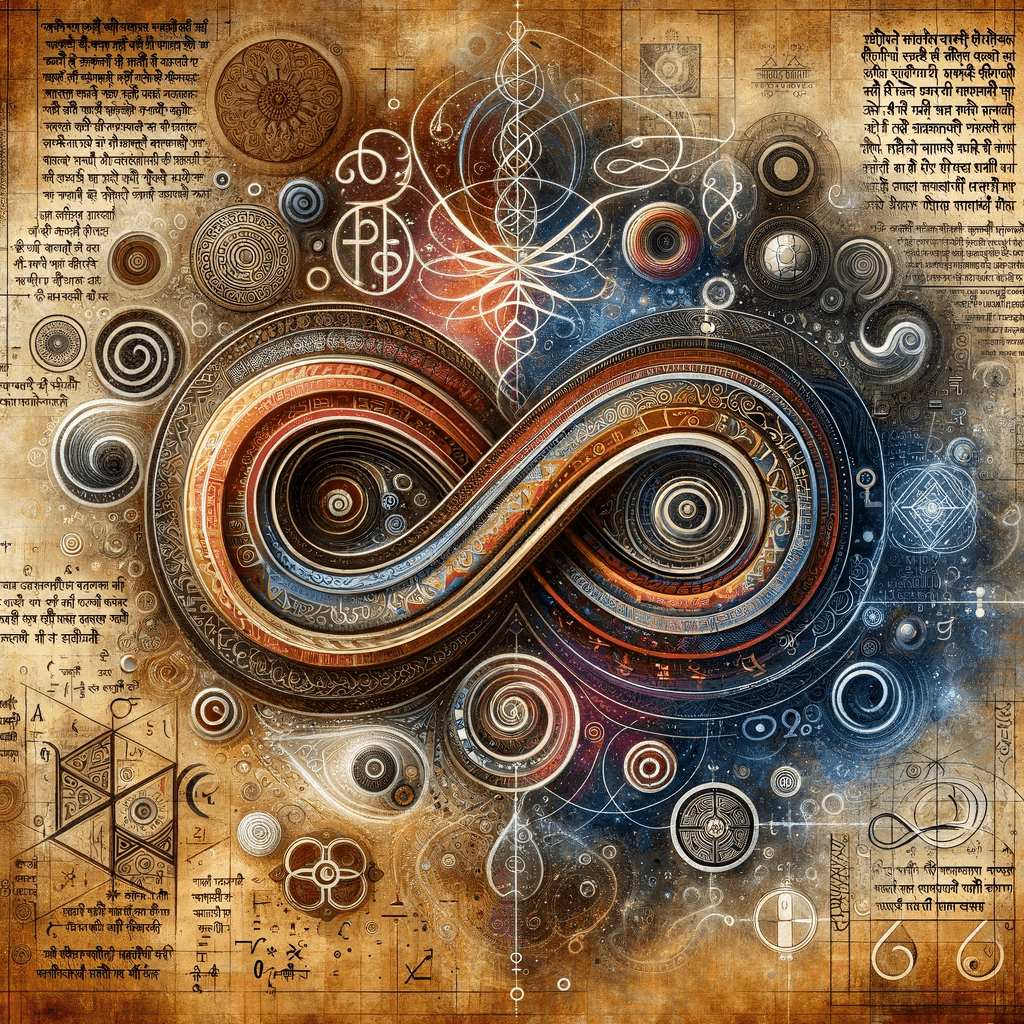The Concept of Infinity: Philosophical and Mathematical Perspectives from Ancient India
The concept of infinity, a pivotal idea in both philosophy and mathematics, holds a special place in the intellectual history of India. It's a concept that transcends mere numerical understanding, delving into the infinite nature of the universe and consciousness. Ancient Indian scholars, particularly in the realms of mathematics and philosophy, were among the first to record and analyze the idea of infinity in a structured manner.
Information and Other Details

Information on the Discovery
The discovery of infinity in Indian thought can be traced back to the ancient texts of the Vedas and Upanishads, where philosophical discussions often pondered the infinite nature of the universe and the self. In mathematics, it was through the work of ancient Indian mathematicians like Aryabhata and Bhaskara that the concept of infinity began to take a more formal shape.
Story
The story of infinity in Indian thought is deeply intertwined with the country's philosophical and religious traditions. The Vedas and Upanishads often speak of the infinite (Ananta) in a metaphysical context, symbolizing the boundless universe or the endless cycles of birth and rebirth. In mathematics, the concept was used to understand large numbers and in the computation of astronomical distances.
History of the Discovery
The earliest recorded Indian texts to mention infinity were the Vedas (circa 1500 BCE), followed by the Upanishads. The Jaina mathematical texts, particularly those by Bhadrabahu (circa 300 BCE), contain some of the earliest known Indian mathematical discussions of infinity. Aryabhata, in the 5th century, used large numbers up to 10181018 and implied the notion of infinity in his astronomical calculations.
Scriptural References and Its Mentions
In the Upanishads, concepts like the infinite size of the universe and the unbounded nature of the soul hint at an early understanding of infinity. The "Yajurveda" mentions that if you remove a part from infinity or add a part to infinity, still what remains is infinity. The Jain texts, like "Surya Prajnapti," classify numbers into enumerable, innumerable, and infinite, showing a sophisticated understanding of different levels of infinity.
Global Influence/Acceptance
The Indian concept of infinity had a significant impact on global mathematical thought, especially with the transmission of Indian numerals and mathematical concepts to the Arab world and eventually to Europe. This helped lay the foundation for modern mathematics, including the work of European mathematicians like Georg Cantor, who formally developed the theory of infinite sets.
...




